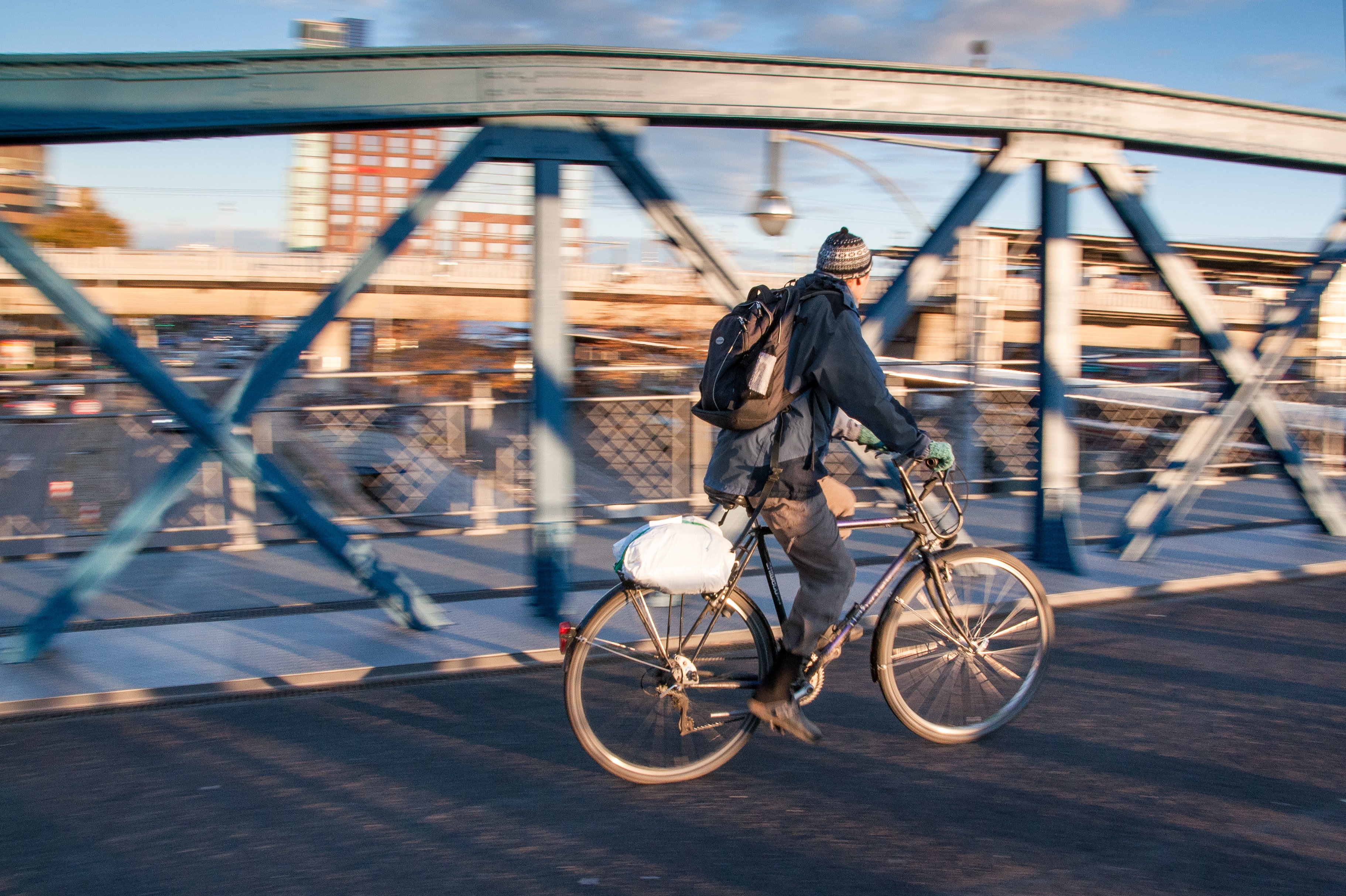
Money for bikes: financial incentives give cycling in Europe a boost during COVID recovery
While more and more cities all around Europe are putting in place pop-up bike lanes or reducing speed limits to give active mobility more space and make it safer, another type of initiative with a huge potential to increase cycling is gaining in popularity in major EU Member States: direct financial incentives for cyclists, both for the purchase of conventional and electric bicycles, and for bicycle repair.
European level: ECF and partners call for investments in infrastructure and €5 billion EU e-bike access fund
At the European level, ECF has signed a letter to the European Commission which was developed by 12 organisations representing public transport authorities and operators, business associations, European local and regional authorities, and NGO, led by POLIS, the network of European cities and regions for innovative transport solutions. It highlights the need to support urban mobility in responding to the coronavirus crisis, but also to capitalise on the opportunities for sustainable urban mobility going forward. For the cycling sector, besides substantially increased investments in infrastructure, the letter repeated the call for a €5 billion EU e-bike access fund to kick-start the EU Green Deal put forward earlier by ECF and its partners in the cycling industry. This fund would accelerate e-bike take up in countries where there are market barriers to e-bike use, thereby making cycling more attractive for large groups of the population, and giving a boost to the European cycling industry.
Italy: National scheme planned to support purchase of conventional and electric bicycles
In Italy, the draft legislative decree for the COVID recovery measures allocates €120 million for purchase subsidies covering 70% and up to €500 of the price both for conventional muscle-powered and electrical bicycles, valid until the end of this year, with the goal to promote sustainable mobility in cities around the country during the recovery phase. The only downside: According to the current draft, the measure would only be available to residents of cities with more than 50’000 inhabitants, which would exclude for example commuters from a smaller suburb wanting to purchase an e-bike for their trip to work in a larger city.
France: Bicycle repair vouchers financed by government plan
Already at the end of April, the French Ministry of Ecological and Solidarity Transition announced a plan worth €20 million to promote cycling after the end of the lockdown, in order to avoid, in particular, a massive shift from public transport to the car.
Minister Elisabeth Borne stated:
The end of the lockdown is the moment to show that cycling is a mode of transport in its own right and not just a leisure activity. While 60% of journeys made in France in normal times are less than 5 km long, the coming weeks represent an opportunity for many French people, whether or not they are already cyclists, to choose the bicycle to get to work or to make local journeys."
Amongst other measures, this government plan includes in particular vouchers of €50 for the repair of a bicycle (change of chain, brake, tire, derailleur...) within a referenced network of bike shops, listed on a dedicated platform managed by ECF member organisation FUB. At the same time, local authorities are introducing incentives as well; for example, the Lyon Metropolitan Region will give a purchase subsidy of €500 to buyers of an electric bicycle, folding bike, or cargo bike.
Germany: Broad alliance calls for a sustainable mobility prime for all
In Germany, initiated by ECF member organisation ADFC, a broad alliance of mobility, environmental, and consumer organisations calls for a sustainable mobility prime to replace the car scrappage scheme put in place during the last recession. Instead of only financing car purchases, this would enable consumers to also choose sustainable mobility options, such as conventional and electric bicycles, cargo bikes, but also subscriptions to local and long-distance public transport, and sharing mobility schemes.
Burkhard Stork, CEO of ADFC:
Corona has suddenly changed the lives of almost everyone. People are now faced with the decision of how to reorganise their mobility after Corona. The horror scenario would be if everyone got into their car now, because then traffic in Germany would collapse. The current moment is a huge opportunity for the Federal Government to get Germany excited about an intelligent mobility mix!"
News category:
Network/Project Involved:
Contact the author
Recent news!
Upcoming events
Contact Us
Avenue des Arts, 7-8
Postal address: Rue de la Charité, 22
1210 Brussels, Belgium









